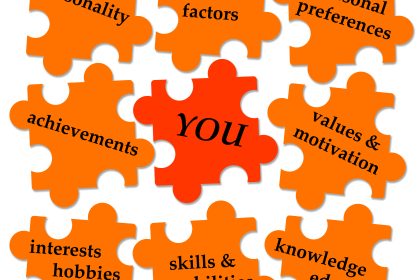At the 2020 Association of Coach Training Organizations (ACTO) conference during one of the sessions, all of us who participating were asked to take a moment and write down five successes. Then we were told we were going to be moved to one of four breakout rooms. In the breakout room, we were to imagine a change in our identity based on which room we went to: Spades = disability, Clubs = race, Hearts = gender, Diamonds = sexual orientation. The assignment was to look at our list of successes and based on which identity we changed to, respond to this question: How does the switch of identity impact whether that success would have been possible? 
The conversations were powerful. The bottom line is that there are many types of biases, discrimination, and privilege. As coaches, it is incumbent on us to be aware of the impact biases, discrimination, and privilege have on your clients. It is also incumbent on us to be aware of our own biases to ensure we are truly open and accepting of who our clients are and focus on how to best serve them.
Consider using this activity as part of your self-reflection practice. Specifically, the ICF’s Core Competencies coaches learn during coaching certification, for competency number two say: 2. Embodies a Coaching Mindset Definition: Develops and maintains a mindset that is open, curious, flexible, and client-centered. With sub-point 3. Develops an ongoing reflective practice to enhance one’s coaching. This means the self-reflective practice is part of our competencies.
How do you do it individually? Write five of your successes. Then reflect using each possible identity change in turn. If you were the opposite in terms of disability, race, gender, or sexual orientation, how would that have impacted your ability to achieve those successes? After completing that, reflect on your insights. Ask yourself a great coaching question as learned in your coach training, “How will you apply your insights moving forward?”





